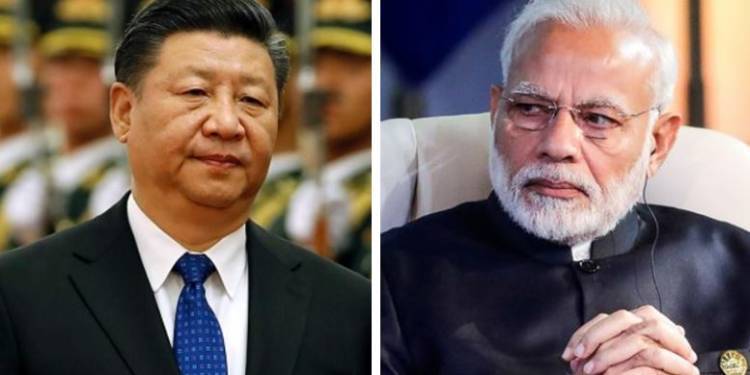After bringing down the sledgehammer on 59 Chinese espionage apps including Byte Dance owned TikTok, the Indian government is all set to further clamp down the wings of China and its spying apps. However this time around, the parameter of banning apps will not only be its Chinese origin, but the government is also mulling to ban those apps, which have Chinese investment in them.
According to TechRadar, while the first decision was taken in the wake of heightened tensions across the Indo-China borders, the new list not only includes apps from the companies that are of Chinese origin but also from the companies that have received funding from investment from Chinese companies.
In total over 275 apps are on the radar of the government and while the review process is ongoing, the Union government is expected to drop the ball suddenly like last time. Some of the big names that are being scrutinized are the popular game PubG from Tencent, 14 different apps from Xiaomi including Zili, AliExpress from Alibaba and Resso and Ulike from Bytedance. Similarly, apps from Meitu, LBE Tech, Perfect Corp, Sina Corp, Netease Games, Yoozoo Global, among others.
Interestingly, Supercell, a Finland based company that develops battle royale games like Clash of Clans, Clash Royale, Boom Beach, etc has a significant Chinese investment as the company was recently taken over by Tencent. The government is expected to come down heavily on it too.
Meanwhile, India has silently hashed out the remnants of the 59 Chinese apps that were banned a month back. According to an India Today report, the Ministry of Electronics and Information Technology has banned 47 such apps that were operating as clones of the earlier banned apps.
These 47 banned app clones include Tiktok Lite, Helo Lite, SHAREit Lite, BIGO LIVE Lite, and VFY Lite which upon a customary search on Google play store are not available in the search results.
The government had earlier banned the 59 apps saying they were engaged in activities that are “prejudicial to the sovereignty and integrity of India, defence of India, security of state and public order.”
According to industry estimates, Chinese Internet companies have about 300 million unique users in India, indicating that nearly two-thirds of smartphone users in the country have downloaded a Chinese app.
The Chinese apps were making millions of dollars in India which has some of the lowest internet usage costs across the world. In fact, India was one of the biggest markets for some of these Chinese apps.
But ever since military tensions started escalating between India and China, there were boycott calls within India. But Beijing lived in the illusion that India could not take any powerful measure to counter its influence, however, as has been the trend with Prime Minister Narendra Modi, his union government pulled out a Houdini act and snapped the Chinese apps out of their existence in the country.
Recently, a report came in which he reaffirmed the belief that Indians were also backing up the calls of boycotting Chinese products.
The report states that Chinese phones made up 81 per cent of sales on the eve of the lockdown imposed to curb COVID-19 spread but upon lifting of the lockdown, the Chinese phone market-share has fallen to 72 per cent.
Meanwhile, Korean brand Samsung has claimed that its sales reached 94 per cent of pre-COVID levels, making it the second-largest brand in the April-June period.
The government is slowly and steadily tightening the noose around Chinese misdeeds and its espionage apps. The coronavirus pandemic has given it the perfect platform to tame the dragon, who for some time had been heavily inebriated in its power stupor.
